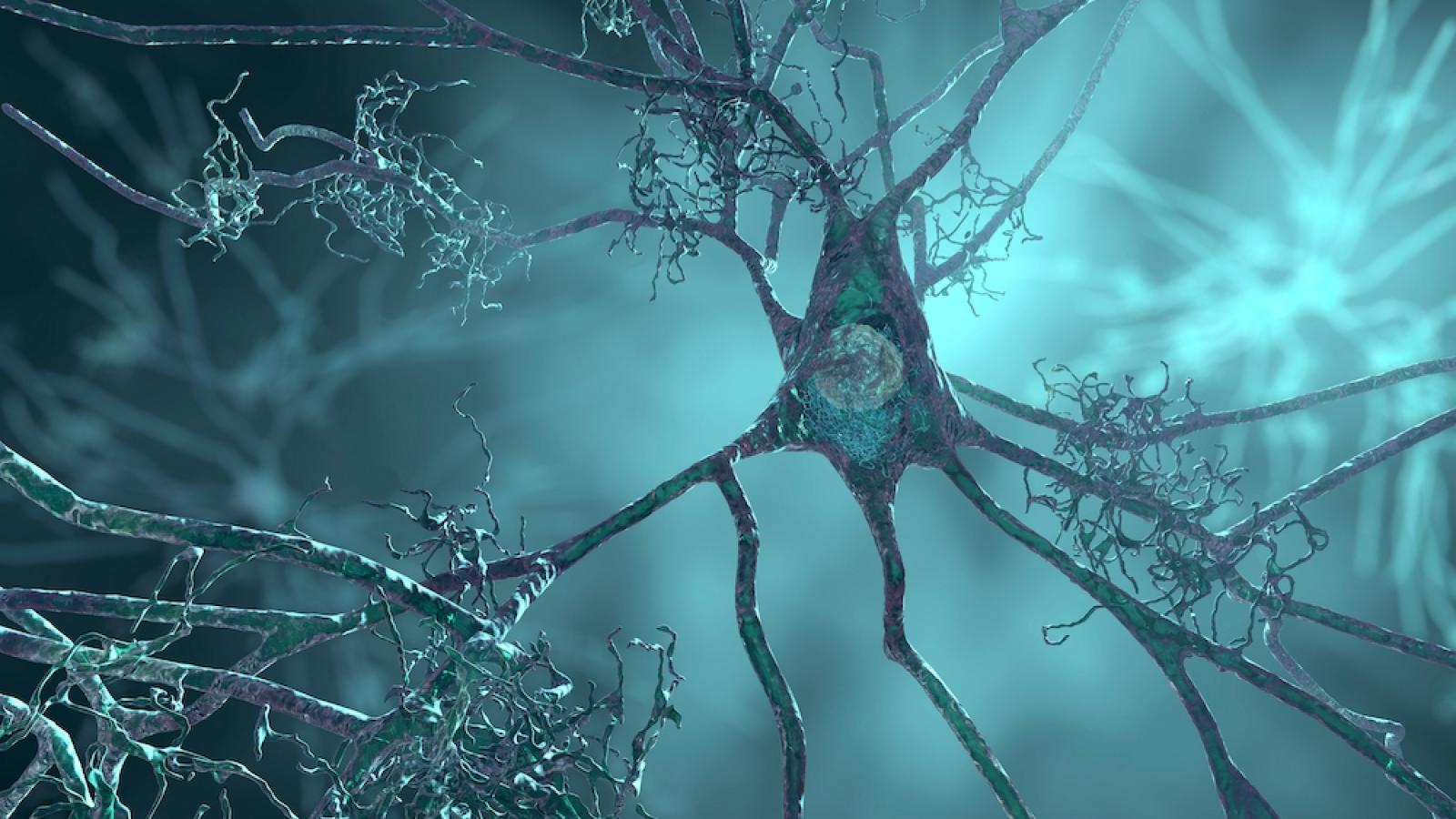Key details
Searching for new molecules that could be the basis of new ways to prevent Alzheimer's disease
For somebody in their late middle age, most of the risk of developing Alzheimer’s disease comes from the genes that they have inherited from their parents. However, almost a third of the risk comes from factors in the environment or lifestyle and from indirect effects of other common diseases.
The Matthews Lab is using the clues provided by the “risk genes” in conjunction with detailed analyses of changes in the brains of people who have developed Alzheimer’s disease to understand how the disease starts. In recent work, the group is also joining together larger sets of data acquired all over the world to discover risk genes that are shared with the other common diseases like hypertension or heart disease.
Finally, the team is integrating results from clinical studies to understand how lifestyle factors or environmental exposures (e.g., that for COVID) enhance the risks conferred by genes.
The goal of the Matthews Lab's work is to discover new molecules that could provide the basis for preventative treatments for Alzheimer’s disease.
Latest news
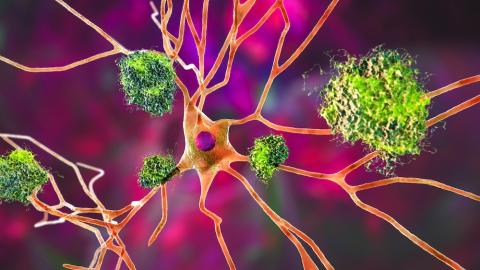
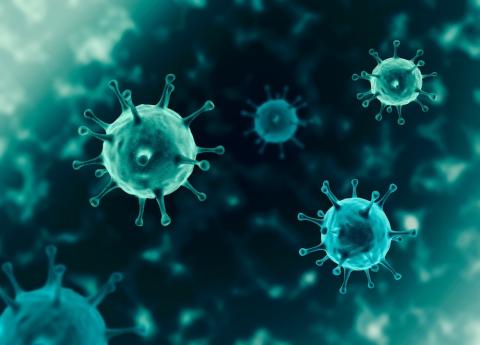

Prof Paul Matthews
Prof Paul Matthews OBE, DPhil, MD, FRCP, FMedSci is a Group Leader at the UK DRI at Imperial. Find out more about his career and expertise on his profile page.

Research summary

Neuronal vulnerability and genetic risk variants in the progression of Alzheimer’s disease
The focus of the Matthews Lab is on characterising and testing mechanisms leading to early neuronal dysfunction or loss in early Alzheimer’s disease (AD). The researchers first aim is to characterise and better define neuronal sub-types with enhanced vulnerability in AD. AD shows regional progression in the brain over time and, within each region, there is a strikingly differential involvement of different sub-types of neurons. They will discover evidence for major mechanisms of vulnerability and develop testable hypotheses for therapeutic targets that could enhance neuronal resilience that could delay or prevent clinical expression of AD. This work is intended first to better define the concept of the “vulnerable neuron”.
In parallel, the team will explore mechanisms responsible for the selective neuronal vulnerability by study of brain tissue from specific higher effect size genetic risk variant carriers. A fundamental question is whether different genetic variants associated with AD describe aspects of mechanisms common across all of the disease or whether they define different mechanisms and potentially partially distinct patterns of neuronal vulnerability. The group will test this through the characterisation of selective neuronal vulnerability and potential mechanisms responsible across specific genetic variants associated with increased disease risk.
Finally, mechanistic hypotheses derived from studies of human tissues will be tested in vitro by the Matthews Lab. It will begin to test mechanisms hypothesised based on the observational studies in post mortem tissues in vitro using iPSC-derived cells. It will complement these with selected co-culture models. Together, these will be used to provide systems for exploration of potential specific diagnostic markers and novel therapies.
Key publications
Vacancies
Lab members
- Siobhan Dillon (PA to Paul Matthews)
- Dr Sophie Morse (Emerging Leader)
- Dr Johanna Jackson (Emerging Leader)
- Dr Nurun Nahar Fancy (Senior Researcher)
- Dr Eugene Duff (Senior Researcher - joint with Dr Nathan Skene)
- Dr David Owen (Clinical Senior Lecturer)
- Dr Alessia Caramello (Postdoctoral Researcher)
- Dr Michael Lattke (Postdoctoral Researcher)
- Dr Emily Adair (Postdoctoral Researcher)
- Michael Thomas (Bioinformatician)
- Baptiste Avot (Bioinformatician)
- Marianna Papageorgopoulou (Research Assistant / PhD Student)
- Vicky Chau (Research Assistant / PhD Student)
- Enoch Newman (Data Manager)
- Anjali Golding (PhD Student)
- Maria Tsalenchuk (PhD Student)
- Sam Boulger (PhD Student)
- Sabino Mendez Pastor (PhD Student)
- Ashlesha Patil (PhD Student)
- Leire Garrido Perez (PhD Student)
Collaborators



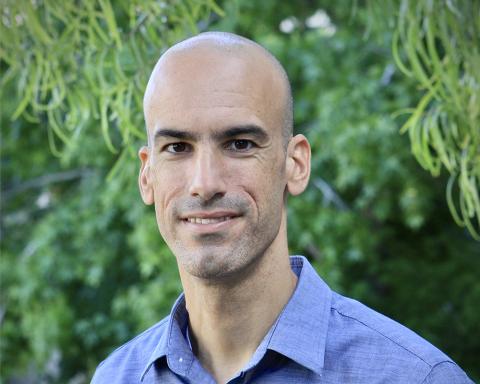


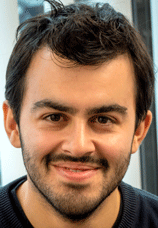






Lab funders
Thank you to all those who support the Matthews Lab!




